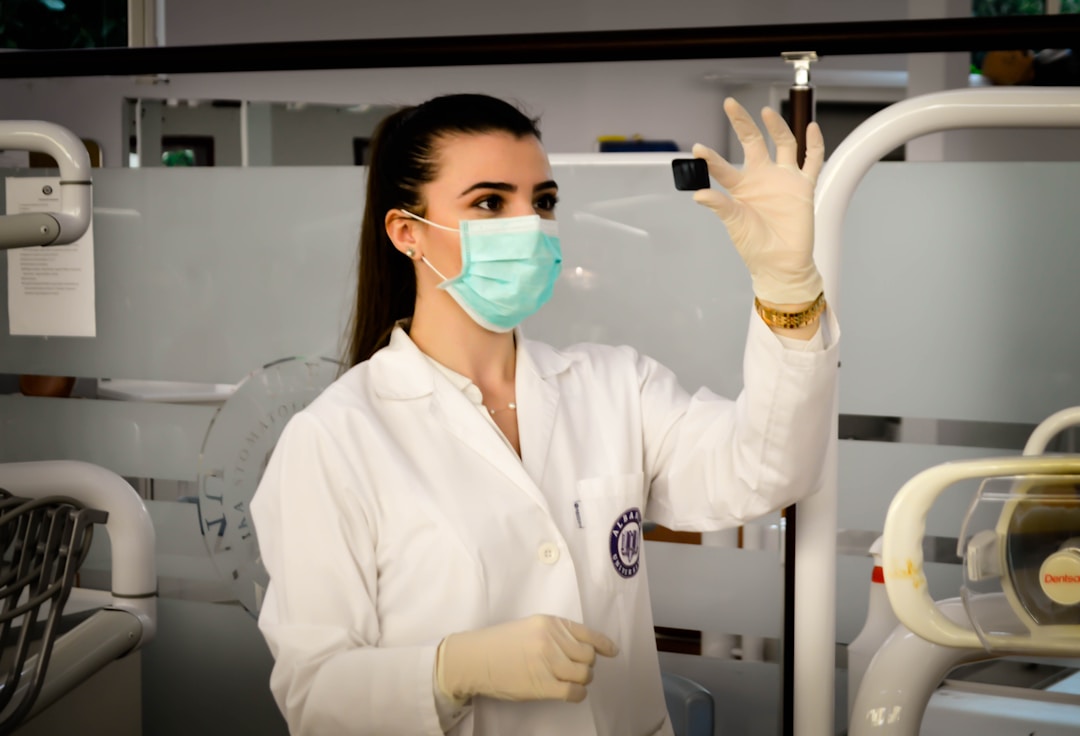Medical professionals play a vital role in our world. They’re real-life superheroes. That’s why “doctor” is such a common answer when you ask kids of all ages what they want to be when they grow up. Indeed, being a doctor is a dream profession for many, but the reality is becoming a medical professional takes years of schooling and hard work.
Becoming a doctor isn’t something you can accomplish overnight. So, how much work experience does it take to study and practice medicine? You’ll find out in this short piece.
The first step is completing your education.

You can’t walk into a hospital with no credentials and say you want to become a doctor—thankfully. We can all agree that doctors need as much education as they can get.
As you already know, doctors go through more intense schooling than most other professionals. Getting your bachelor’s degree in a related field of science is merely the first of many long steps towards practicing medicine. Next, you have to gear up for medical school.
Getting into medical school is an arduous process in itself. You have to apply and write essays to different med school programs. You also have to apply for financial aid, and, oh yeah, you have to take a med school entrance exam.
Some schools offer BS/MD programs, which allow undergrad students to complete their bachelor’s degree in about three years rather than four. The keys to expediting your medical degree are mapping out your educational path early, working hard in and outside of the classroom, and sticking to your plan.
You have to go through residency before practicing medicine.

You’ll spend eight years combined in undergrad and medical school before you earn your M.D. However, you still have to get a few more years of real-world experience before you can practice medicine on your own.
If you’ve ever seen Grey’s Anatomy, you know medical residency programs can be tough on young doctors. Their workweeks can be ridiculously long, lasting up to 80 hours sometimes. However, this is where doctors learn the tools and tactics of their specialty and gain experience with bedside manner and even delivering bad news.
The length of your residency depends on your specialty in the medical field. Neurosurgeons spend up to six years in residency, and chiropractors typically spend between 1 and 3 years as residents. So, you’ll have between 8 and 14 years of training before you’re ready to practice medicine on your own.
Learning is a lasting process.

The medical field is ever-changing. We learn more about diseases and treatments all the time. That means the learning process never stops for medical professionals.
One way to stay in the loop on the latest developments in your field is to join local and national associations for your specialty. If you’re a San Diego chiropractor, you should look for chiropractic associations in California and even national associations.
Memberships to medical organizations give you access to the latest medicines and practices in your field. These associations frequently hold events and seminars that are also great networking opportunities. Being in the right organization can even be a benefit to your marketing efforts.
Medical professionals play an irreplaceable role in our society. The COVID-19 pandemic has shown us how invaluable their expertise and service are. Becoming a medical professional requires a lot of studying, time in the classroom, and hands-on training. The experience you gain in the classroom and the field will help you excel as a professional.
No matter how long you’re a medical professional, learning will always be the most important part of your job. So, the answer to how much work experience you need to practice medicine is all the experience you can get.
